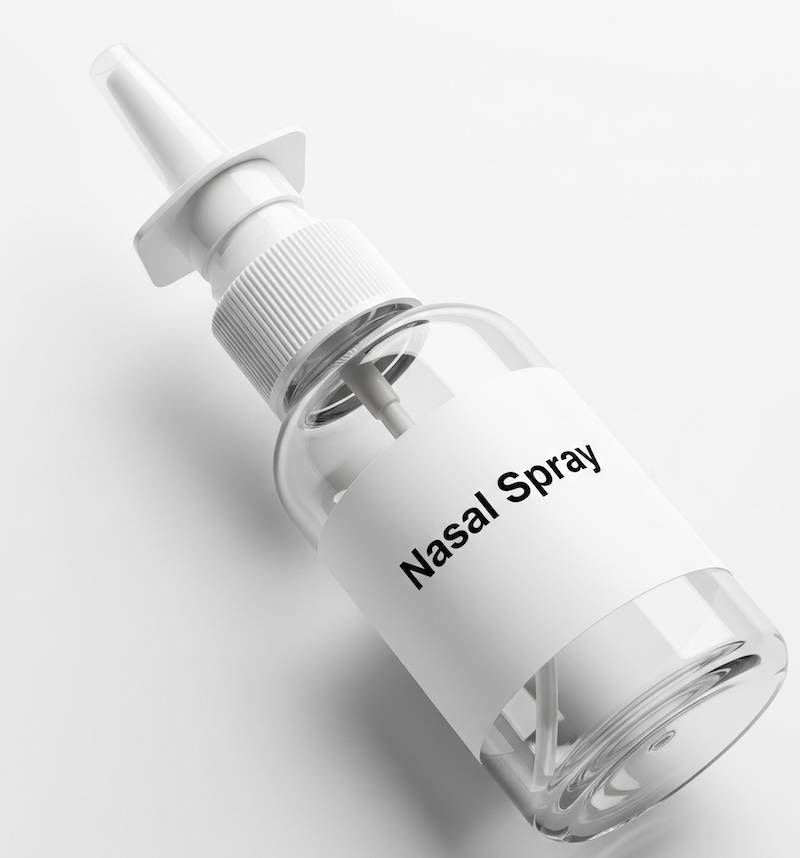For the millions who dread the arrival of pollen season, a groundbreaking scientific development offers a ray of hope. Researchers have created a revolutionary nasal spray that acts as a “molecular shield,” intercepting pollen before it can trigger the miserable symptoms of hay fever. This new approach, highlighted in the prestigious journal Frontiers in Immunology, could transform how we manage seasonal allergies.
The Scientific Breakthrough: Stopping Allergies at the Source
Allergic reactions are essentially an overreaction of our immune system. When pollen enters the nose, it binds to specific antibodies (called IgE) on immune cells, causing them to release a flood of histamine. This is what leads to the familiar sneezing, runny nose, and itchy eyes.
The innovation lies in a new, specially designed antibody called XA19. Instead of just managing symptoms like antihistamines do, this antibody intercepts the pollen directly. When delivered as a nasal spray, it forms an invisible barrier, binding to the pollen grains and neutralizing them before they can trigger the allergic cascade. It’s a preventative approach that stops the problem at its source.
What This Means for You
The primary benefit of this “molecular shield” is preventative, on-demand protection. Imagine being able to spray your nose before heading outdoors on a high-pollen day and remaining symptom-free. Because the antibody acts locally in the nasal passages, it is expected to have fewer systemic side effects, like drowsiness, that are common with many oral allergy medications.
Trials and Market Availability
This cutting-edge treatment is still in the early stages of development, but the initial results in preclinical studies are extremely promising. Here’s a realistic timeline of what to expect:
- Current Stage: The antibody has been successfully tested in laboratory models.
- Next Steps: The antibody, originally created in a lab setting, must be “humanized” to ensure it’s safe for people. This will be followed by extensive safety testing.
- Clinical Trials: The treatment will then need to pass through three phases of human clinical trials to test for safety and effectiveness. This is the most time-consuming part of the process.
- Estimated Market Availability: Based on standard drug development timelines, the researchers estimate it could take five to seven years to complete all necessary trials and receive regulatory approval.
Expected Price and Future at Derma Clinic
It is too early to predict an exact price for this new therapy. Monoclonal antibody treatments are typically more expensive than traditional medications due to the complex research and manufacturing processes involved. However, as a localized nasal spray, it may be more affordable than injectable antibody treatments used for other conditions.
At Derma Clinic, we are committed to staying at the forefront of dermatological and allergy care. We are closely monitoring the progress of this revolutionary treatment. While it is not yet available, this research represents the future of allergy management—a future focused on prevention and targeted therapies. We look forward to a time when we can offer advanced solutions like this “molecular shield” to provide our patients with lasting relief from seasonal allergies. Sources

